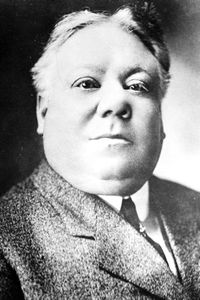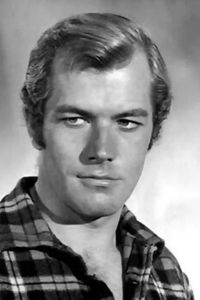John Bunny's life and career were marked by a sense of adventure and a willingness to take bold steps. Born into a long line of English sea captains, Bunny was the ninth generation to follow in his family's profession, but he chose to forge his own path. He attended St. James High School in Brooklyn and worked as a grocery clerk before running away in the late 1800s to pursue a career in entertainment.
Bunny's early career was marked by a stint in a small touring minstrel show, followed by appearances in musical comedies such as "Old Dutch" alongside Hattie Williams and Lew Fields. He also worked as a stage manager for various stock companies, but his rebellious nature eventually led him to leave the theater and pursue a career in the burgeoning film industry.
Bunny's decision to join Vitagraph in 1910 was a bold one, as it represented a significant step down from his work on the legitimate stage. He took a pay cut from $150 to $40 a week, but he went on to make over 250 shorts for the company over the course of five years. During this time, he became one of the most well-known faces in the world.
Despite his success in the films, Bunny never intended to be a comedian. His short, gnome-like appearance and weight of around 300 pounds led him to play comedic roles, but he once joked that he couldn't play Romeo with his figure. His co-star, Flora Finch, was tall and thin, and they often appeared together as Mr. and Mrs. Bunny in their films, which were referred to as "Bunnygraphs" and "Bunnyfinches".
The films typically dealt with relationships and the man getting away with something that his wife disagreed with. Bunny also traveled to England to make a version of Charles Dickens' "Pickwick Papers", but his post-film career was marked by a failed tour and poor health.
In the end, Bunny died at his home in Brooklyn in 1915 due to Bright's Disease, leaving behind a legacy that was quickly forgotten. Despite his popularity during his lifetime, he was largely omitted from books on silent movies and his films were largely lost to time. Today, only a handful of his films survive, with "A Cure for Pokeritis" being the most widely available.











